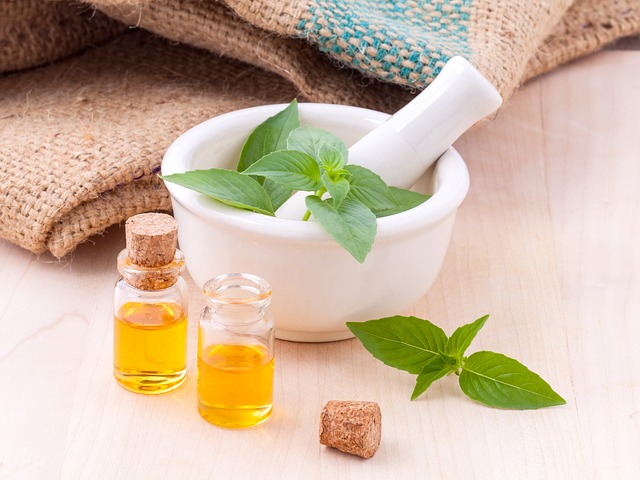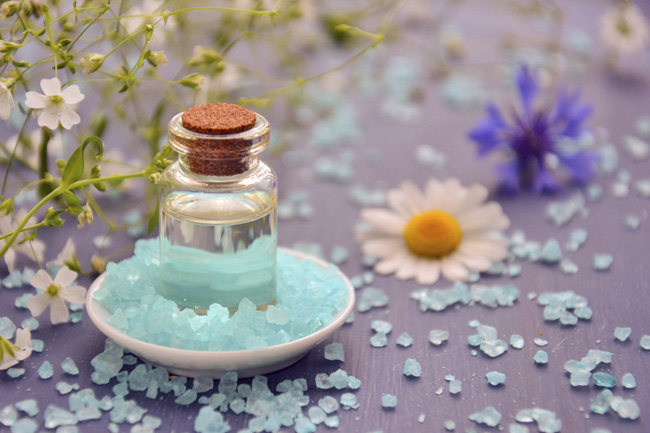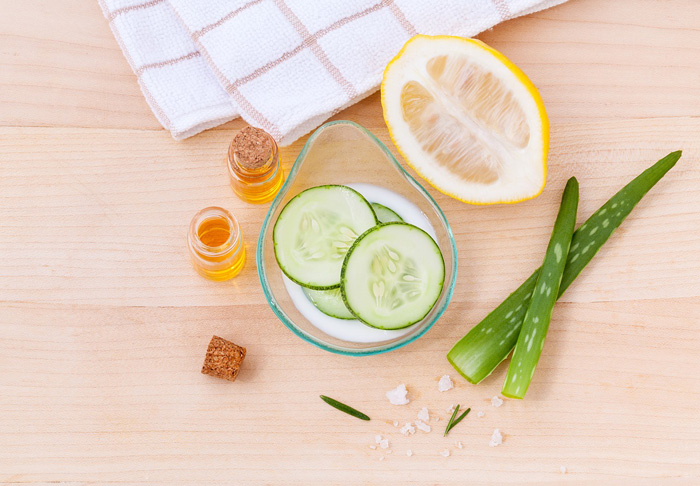HERE’S HOW TO WEAR THE SKIN ON YOUR BODY WELL.
THE fact that we enjoyed perfect velvety skin in our teenage years is not reason enough to enjoy it throughout. Sun damage is cumulative and can be seen on our skin a decade or two later. What we need is a more holistic approach towards skin care once we hit our 30s.
The skin on our body needs the same kind of love and care as our face. Dull, coarse and lifeless skin is a result of a generally toxic lifestyle and healthy eating, proper exercise and body brushing can make a dramatic difference.
GRAB THE VEGGIES
Your diet supplies the nutrients needed by the cells to keep skin, hair and nails looking healthy. Therefore it is important that you feed your body a well-balanced diet. Vegetables are actually longevity foods, they are clean burning, high octane fuels that retard the cells causing premature ageing. Veggies like tomatoes, carrots, broccoli and green leafy vegetable like spinach are packed with vitamin a and c beta-carotene and fibre.
These nutrients not only make your skin glow. But even help in destroying cancerous cells and preventing heart attacks. They are also loaded with calcium – the mineral your body needs to keep your bones from bucking. Vegetables are rich in healthy carbohydrates and devoid of fat or cholesterol making them good for the heart.
Poor eating habits can cause temporary hair loss, cracks in the corner of your mouth and brittle nails. Your skin can bruise easily , heal slowly and look dull , drab and ashy a good diet on the other hand will keep your skin looking healthy and toned and sport a fine texture and colour. Besides a healthy diet will keep skin diseases at bay. In fact if you eat right, you won t need to take vitamin supplements. In short there is no substitute for veggies.
FITNESS GOALS
Exercise is surprising enjoyable, significant benefits for the quality of our lives and our health. Be it yoga aerobics or walking and no matter how little of it it is important for both physical and mental health. Exercise is a panacea for boredom, tension, anxiety and even pms. Working up a sweat is natural and healthy a vital requirement for a balanced, fulfilled life.
Exercise improves blood circulation, which helps in the reproduction of new cells besides getting rid of all impurities to reveal radiant skin. But when you don t exercise enough, the blood circulation is sluggish and the skin receives less oxygen. As a result, your skin may look dull and sallow, one that lacks luster. In fact, it might even aggravate acne.
It might take some getting used to, but once your get started, your body and mind will get accustomed to the exertion and actually hunger for it.
SIMPLY BRUSH IT AWAY
Body brushing is a good way to stimulate blood circulation. Because the skin is an organ of elimination (and the largest one in the body), many toxins can be eliminated if you stimulate the circulation and the lymph system by brushing the skin.
Use a loofah or a body sponge and brush in circular motions to remove the dead skin cells. Pay special attention to the elbows, knees, shoulders, the back and thighs. Do this every day before bathing or showering. Also, keep the temperature of your bath water a little higher that that of your skin so as stimulate sluggish circulation.
Smoother skin is a spin-off of this toxin-eliminating regimen, which leaves you feeling invigorated and truly bright-eyed.
WINTER FACE
The worrying news is that skin sensitivity is now thought to be a major cause of premature ageing. So in winter, when sensitivity is a particular problem, we should all revaluate our skin care regimes. Cold weather chills the sweat and oil glands slowing down the blood circulation, making the skin look flaky and taut. What you need is a detox -and – repair programme for the skin to face the elements.
DELICATE MATTERS
ALTHOUGH MOST US LIKE TO THINK OF OURSELVES AS SENSITIVE FLOWERS, AS many as 80 per cent of us suffer only temporary skin irritation. However, when sensitive reaction do strike, they require swift action if further damage is to be averted. But before we proceed, let us define sensitive skin.
If your skin stings, itches or burns for no reason whatsoever,, you have delicate or sensitive skin. It may react to ingredients that don’t seem to bother others and genes and partly responsible, more so if ther is a family history of asthama or eczema. You may be born with thinner, more delicate skin, implying that your skin’s natural defence barrier (made up of lipids and built-in moisturizers) isn’t geared to perform its protective action.
If you have sensitive skin, treat it as very dry skin. Don’t scrub your face and stay away from aggressive treatment products like alpha hydroxyl acids. Look out for labels that say fragrance-free, alcohol-free and colour-free. New research on sensitive skin advises silicone-based ingredients that promise to moisturize skin well and protect it from environmental hazards. Simple vitamin-enriched creams known for their antioxidant properties also offer effective protection for sensitive skins.
Treatments primed with soothing plants extracts like chamomile, guarana, licorice, etc reduce the drying effect and help to stabilize the skin tone. Also, delicate skin require sun protection. Use a sunscreen lotion with a high sun protection factor. Look for titanium-oxide in it; it is a gentle, non-reactive physical sunblock.
BEAUTY SURVIVAL COURSE
Though we may have a standard routine to see us through the rest of the year, stronger action is called for to protect our skin in the cold months.
If you are one of those hardy types who takes brisk winter walks to boost a flagging circulation, then you are especially at risk from dehydration. So it is important to drink pleanty of fluids, stay away from alcohol and bath or shower no more that once a day. You can also increase your oil intake in small amounts.
Never leave the house with wet skin or lips – your skin will look chapped instantly.
Moisturize your skin well with a creamy formulation. Use your eye cream on your lips. However, if your skin is oily or acne-prone, use an oil-free moisturizer all the time.
Use a heavy night cream; if your skin is normal to dry, you may leave it one the face and neck overnight. However, wipe off the excess cream from around the eyes as it could lead to puffiness around the eyes.
Protect your skin from the wind by keeping away from direct wind as much as possible.
Make your own face mask with a quarter cup of yoghurt, eight crushed almonds, and egg yolk. Mix well and apply on the face. Leave on for 20 to 30 minutes and rinse well with tepid water. Remember to moisturize soon after.
Temper your bath water with a few drops of bath oil. This will leave a thin film of oil on your skin, which will help prevent loss of moisture from the skin and keep skin looking soft and moisturized.
Moitsturise your hands, feet, knee and elbows with a rich body lotion.
Lips lack oil glands of their own, which is the reason why they chap so easily in winter. Therefore, extra care is needed to prevent lips from cracking and flaking. Always use a lip balm or a salve during the day. A built-in sunscreen in the lip balm is an added bonus; it keeps away harmful ultraviolet rays and prevents loss of moisture.
Avoid wearing lipstick, especially one of the matte types, as they tend to be very drying.
If your lips start peeling, do not lift the peel off. Instead, apply a heavy night cream on our lips and leave overnight.
If your skin is looking dull, it’s partly due to a lack of quality time in the sun and more to do with a sluggish system that has overindulged on winter stodge and not enough exercise, try working our indoors.
Drink something hot before you step out. This will help to keep your body warm.
Avoid extremes of temperature; don’t step out into the cold after sitting in front of a heater. It could be bad for your skin.






